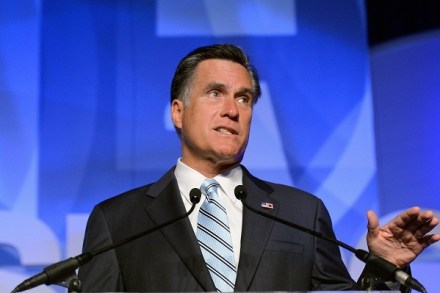Party conferences: a vapid kind of hell
As I may have intimated last week, political conference season is a particular kind of hell. Most of us just are not diverted by faked class warfare or efforts by Ed Balls to be more ‘butch’ than David Cameron. Anyhow – whilst the few remaining members of political parties come together to remind the rest of us why we want nothing to do with them, here are some things that are actually happening. 1). In a video posted on Sunday, the Egyptian Muslim Brotherhood preacher Wagdy Ghoneim declared that liberals, modernists and secularists are all ‘infidels’ who must be tried and killed for abandoning Islam: ‘If they do not repent,

















